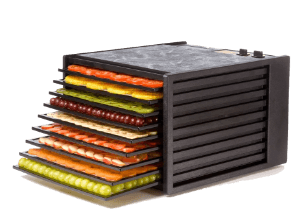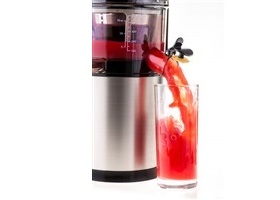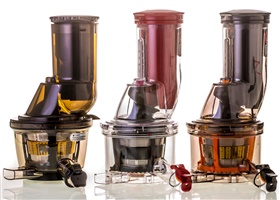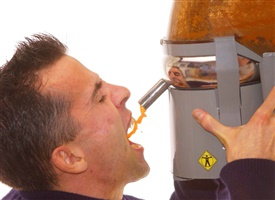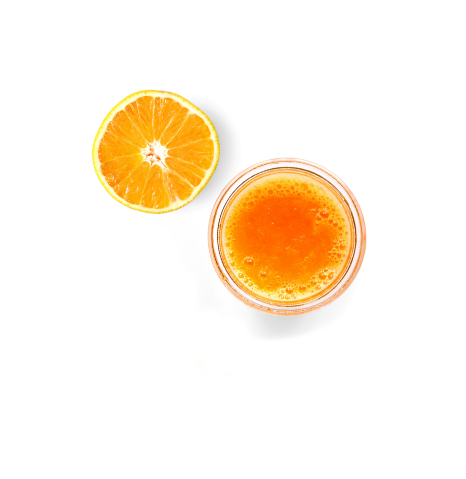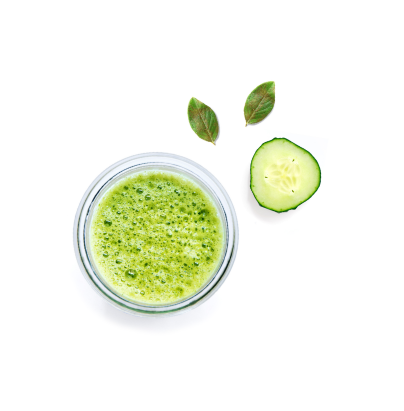Nick’s Story

Nick Ledger, Owner and Director at UK Juicers, is 43 at the time of writing and we have now been in business for almost 14 years. Immediately prior to starting this business, Nick had a serious battle with Ulcerative Colitis. At his lowest point, after unsuccessful drug treatments, he bravely chose to try a natural approach to recovery. Nick’s story of overcoming serious illness through nutrition eventually led on to the story of UK Juicers, and to our continuing mission to bring the benefits of juicing and natural diet to a wider audience.
Typical Lad
Like for many of us who had that privilege, the freedoms of university life occasionally led to episodes of excess for Nick. You could say he was fairly typical in that respect, enjoying perhaps a little too much alcohol and living on a less than perfect diet. Working in a fast food restaurant at that time didn’t help and unfortunately the occasional portion of vegetables didn’t prove to be sufficient health insurance to mitigate his youthful enthusiasm for junk food, partying and late nights. Right after leaving university he started to experience the first symptoms of Ulcerative Colitis and he initially concluded somewhat optimistically that he probably had Haemorrhoids. I say optimistically, because he was very aware that on his father’s side of the family, Colitis and Crohns were quite prevalent and heredity plays a significant part in these diseases, so it may seem surprising that it would still take Nick a few more years before getting it properly checked out.

By 1998 the disease was in full force and had started to severely impact Nick’s quality of life. He was forced to recognise that it wasn’t just a simple case of the ‘Grapes of Wrath’ that was troubling him. The symptoms had become particularly bad after he went through the loss of his dearest friend in a snowboarding accident. Stress is a huge factor in the way the body responds, and with life’s emotional landmarks like bereavements, we can notice that the immune system and other aspects of our metabolism can be adversely affected. The link between inflammatory bowel conditions and distress is well documented.
“I now found myself with an almost constant pain in my bowels. It’s hard to explain the feeling, it was different to an irritable bowel and it felt like there was something fundamentally wrong inside. I found myself having explosive, painful bowel movements numerous times during the day and the toilet bowl would be full of blood and mucus. Quite often it would occur shortly after eating. I was very fatigued, with almost no energy, and my head felt like it was full of cotton wool.”
Shut Up And Take Your Medicine
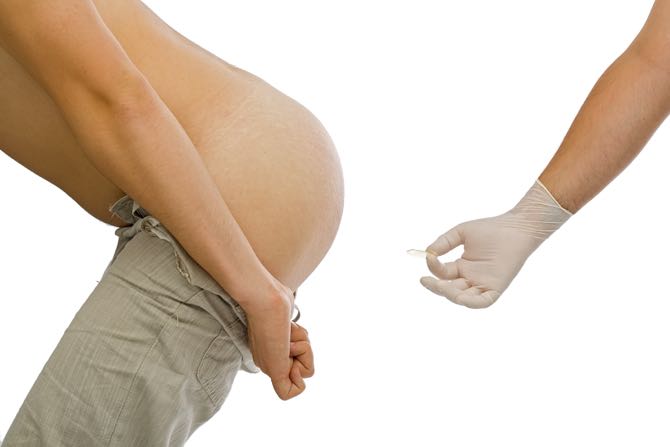
Now that Nick was taking things a bit more seriously he finally went to see his Doctor, who surprisingly still treated him for Haemorrhoids at first, in spite of the family history of IBDs (Inflammatory Bowel Disorders), which had already been pointed out. A few weeks of excruciating pain and worry later, Nick was back at his GP again but this time he was referred for a Colonoscopy. Unfortunately the wait for an appointment was a few months, so rather than face further weeks of suffering before having things properly investigated, Nick went to a private Consultant to expedite the diagnosis process. A Flexible Sigmoidoscopy and Biopsy confirmed that Nick was suffering from Ulcerative Colitis. He was prescribed Asacol suppositories. The Consultant conveyed some rather worrying information:
“I was also told that diet wouldn’t make any difference, I was likely to be on medication for the rest of my life and stood a 40% chance of losing my bowel.”
We naturally tend to trust trained people in positions of authority and the prognosis seemed reasonable at the time – if a tad frightening – because both Nick’s uncle and cousin on his father’s side had undergone surgery for IBD’s. But although there is a proven genetic link with the tendency to develop these gut disorders, we now know there are many other factors involved – not least lifestyle – and it is by no means a certainty that symptoms will develop, even when there is a strong genetic predisposition. Allopathic medicine is catching on slowly to an idea that Hippocrates pointed out thousands of years ago, but ‘Let Food Be Thy Medicine’ is still seen as a bit left field by some Doctors, even today.
The Drugs Don’t Work
The severity of Nick’s symptoms did seem to improve at first when he started with the medication, but then the painfulness moved further up the gut, sometimes with such searing intensity that he was on the verge of passing out. It seemed logical to Nick that this change was incremental and that higher regions in the gut that were possibly beyond the reach of the strongest effects of the Asacol suppositories were now being impacted. After a time of having the disease managed to some extent by the medication, the symptoms were now back with a vengeance.
“Luckily enough it was around this time that a concerned Uncle Paul (on my mother’s side) who at that time lived what I thought was an ‘alternative’ lifestyle gave me a book about juicing (Fresh Vegetable and Fruit Juices by Norman Walker).
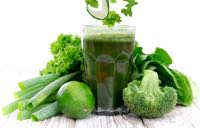
I read it and a lot seemed to make sense (the idea that fresh, raw vegetable juices could provide the nutrient-based building blocks to help the body heal itself).”
I am that ‘Uncle Paul’, and nowadays I’m also Nick’s business partner. Back then I was seen by family as a bit of a hippy. I’d been trying to get them all into juicing since the early 80’s when I bought my first juicer, but my juicing evangelism had so far proved largely ineffective in converting anyone. Nick however was different, in that the suffering he went through was enough to motivate him to look for ‘alternatives’.
As a species we evolved taking lots of exercise and eating a largely uncooked, mostly plant-based diet. The links between longevity, health and diet are clearly evident when we compare the health consequences of the typical western diet with the differing impacts on populations who eat a more natural one. It seems like common sense understanding the causal relationship between diet and wellbeing.

Conventional medicine does acknowledge that there are impacts on health from our emotions, diet, relationships and life circumstances. Everything points us towards a more holistic understanding of health, yet we often hope to find a primary cause that we can fix. If it can’t be fixed by conventional medicine, drugs can often still help with symptoms. But it’s still largely taboo to contradict the mainstream medical narrative that Nick was subjected to back then, even though things have moved on. Even fellow UC sufferers are far from universally receptive to the approach that finally led to him getting better.
Recovery
Nick bought his first juicer and embraced huge lifestyle changes with great commitment. He did further research online and introduced a dietary regime similar to that recommended by Dave Klein, author of ‘Self Healing Colitis & Crohns’ which is available here.
“I went from juicing nothing to 3-5 pints of juice a day, rather stupidly ignoring the accepted wisdom of introducing major dietary changes gradually. Such a sudden change was perhaps a little drastic and after a week or so I had a huge bowel clear out. This worried me initially but I felt much better afterwards.”
Nick went on with Dave’s healing program and had amazing results. As well as starting juicing, he gave up alcohol, meat, wheat and dairy, and he dramatically increased his intake of raw fruits and vegetables, along with eating raw nuts and seeds.
“After a dramatic and near instant uplift in vitality from the juicing, I then watched the symptoms gradually disappear. Although David Klein advises ditching the medication immediately I still had a lot of fear around doing this and it was only after 3 or 4 months when the symptoms had completely gone that I felt confident in not taking the drugs. I started exercising more and took up rebounding and cycling. 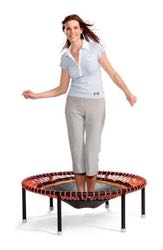 I remember that just as I was starting juicing I went for a bike ride and felt exhausted after only a couple of miles. I then started doing 20 minutes rebounding a day and after a month of this I decided to go out on the bike again. I did a 10 mile ride and came back bursting with energy and wanting to go out again. The fear and doubt I’d had about whether I would ever feel well again finally started to subside.”
I remember that just as I was starting juicing I went for a bike ride and felt exhausted after only a couple of miles. I then started doing 20 minutes rebounding a day and after a month of this I decided to go out on the bike again. I did a 10 mile ride and came back bursting with energy and wanting to go out again. The fear and doubt I’d had about whether I would ever feel well again finally started to subside.”
This was as radical a transformation as anyone could have hoped for and from that point onwards Nick has never looked back. When you are onto a good thing, it’s natural to want to share it and Nick enthusiastically started to post his results in online forums for the disease. The reception was quite hostile from some people, with reactions like ‘there is no cure’ and ‘you shouldn’t be posting stuff like this here, diet can’t cure it’. He realised though that not everyone is going to just switch their thinking after years of being told there is nothing that can be done except surgery. By now Nick had the benefit of his own experience of a dramatic turn around in health to inform his opinion. The radical change in lifestyle it entailed is not for everyone though, and a variety of reactions is understandable.
Other reactions from fellow sufferers included a flat denial that he had ever even had the disease in the first place – they reached the conclusion that he must have been misdiagnosed – an understandable way of avoiding the cognitive dissonance of being faced with a cure for something that’s supposedly incurable. An online dismissal from a fellow sufferer is perhaps easier to accept than one from a Doctor who is examining you in person though:
“I had an appointment at the hospital towards the end of 1998 and went with great enthusiasm, eager to relate the story of my recovery. I was pretty shocked by the brick wall I came up against. The doctor merely reiterated that diet doesn’t make any difference, told me I’d lost half a stone (which was a bad thing) and I was just in remission and that was that… If it is just a remission, it’s a remission that’s now in its 18th year.”
It’s surprising that when faced with Nick in person, now in rude health and living a physically active lifestyle with no symptoms, the Doctor was still in denial about his recovery and totally uninterested in hearing what he had done to get there. It had been a huge change for Nick and did require strong commitment but it had certainly paid off, whether or not the Doctors were prepared to acknowledge it.
“There’s no doubting that it was a major lifestyle change though. I didn’t touch a drop of alcohol for 4 years and my diet had changed radically, although I did still have the occasional bit of fresh fish. I was so happy to have my life back though that I’d do it again in a heartbeat. I don’t stick to the same diet and lifestyle as strictly now but I still eat what I think would ordinarily be classed as a very healthy diet – I grow and juice my own veg and while I do occasionally eat meat, I try to make sure it’s been processed as little as possible – if wild then even better! I’ve been completely symptom and medication free for over 17 years now but in the unlikely event the illness ever reared its head again, I’d know exactly what I would need to do to address it.”
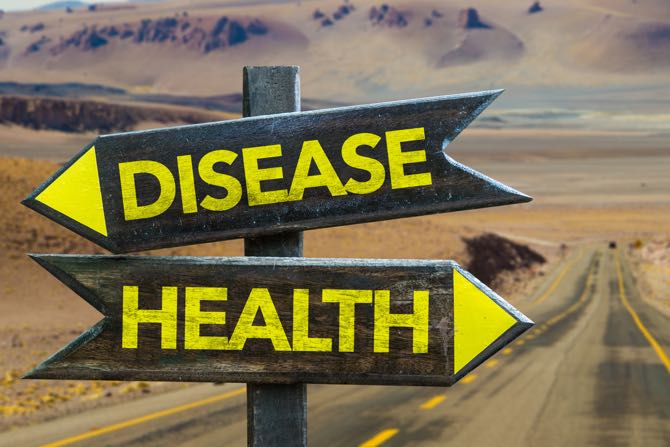
Inspired by his personal journey of recovery and undeterred by the naysayers, Nick founded UK Juicers to help promote the juicing lifestyle to a wider audience and here we are. What could be better than to earn a living by increasing the health of the nation? It’s not ‘alternative’ to want to provide our bodies with a full complement of high quality nutrients in a readily digestible form with juicing and it’s not a miracle cure – IT’S COMMON SENSE!
“When you are fighting serious illness, the motivation is there to go all in and take a radical approach, and sometimes that is necessary. But the massive payoff of feeling healthy and energetic is there for everyone with juicing, almost immediately, without the need to suddenly transform your whole lifestyle and give up everything you enjoy. Anyone can quickly add juicing to their repertoire and fresh, raw juice is about the best health insurance you could buy. Apart from the fact that it safeguards against many illnesses in the first place, the sheer vitality that almost everyone notices with juicing is reason enough to give it some priority in your life. People who juice regularly as part of their regime get all the health benefits up front, without the need for a dramatic wake up call like the one I had. It still feels great when I hear from new converts how much they love the positive impacts of their daily juice!”
 Register / Login
Register / Login 





